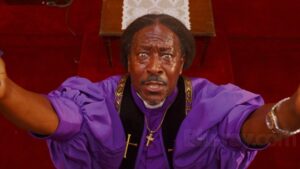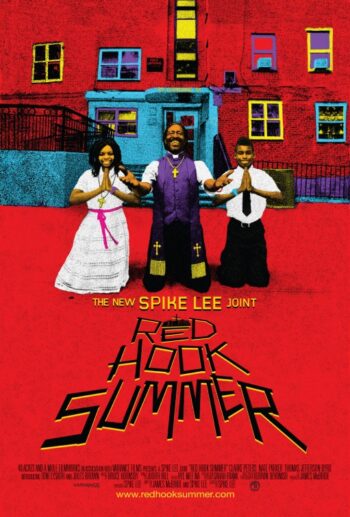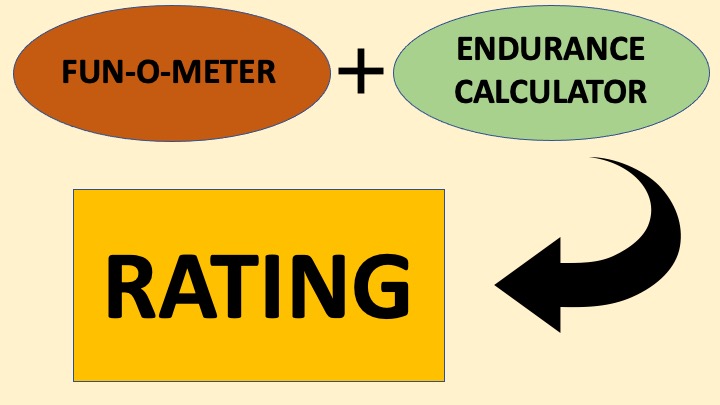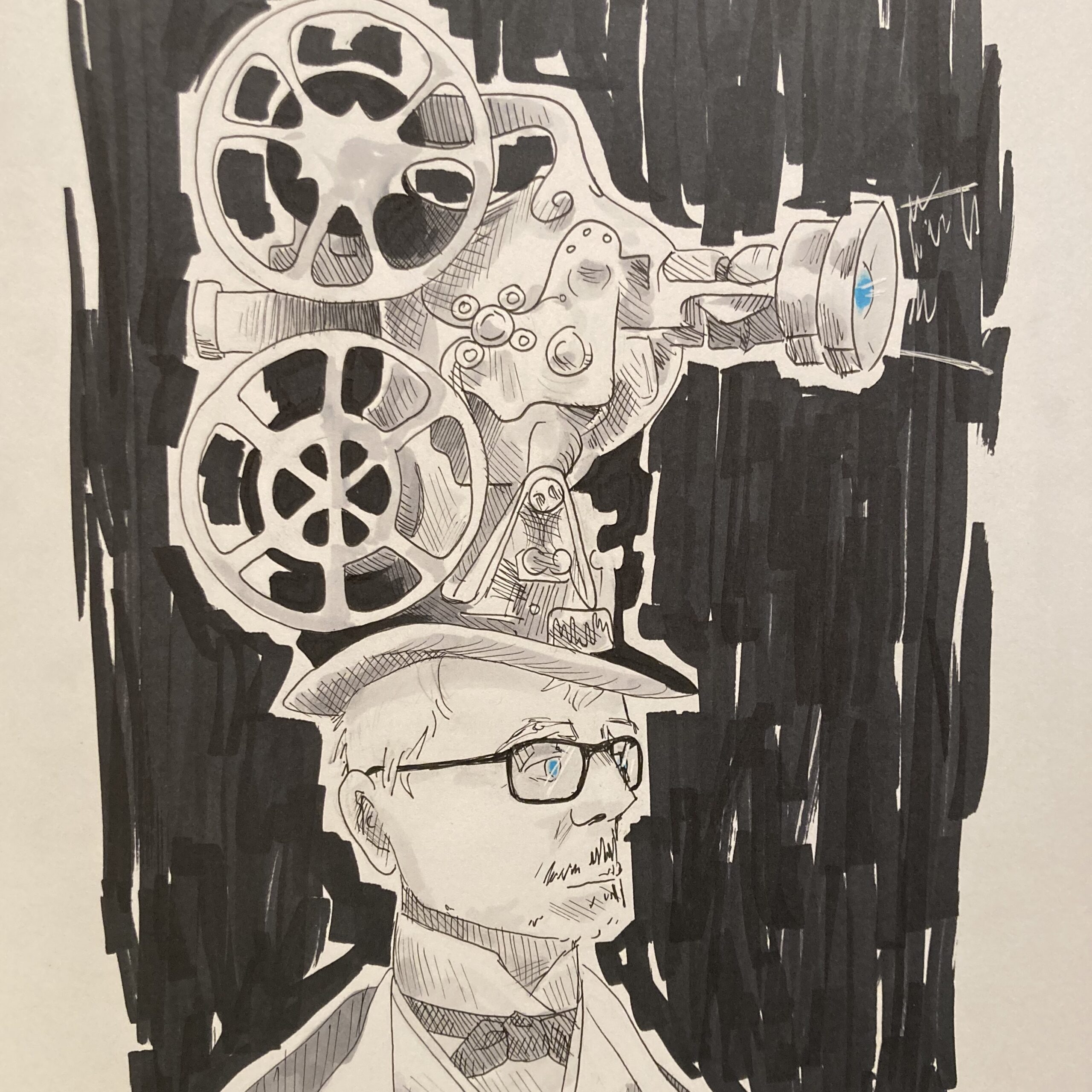“Isn’t Jesus Black?”
Spike Lee is an American wunderkind-turned-aging master. He’s also completely bonkers, as in part thrilling, part frightening, and always hard to look away from.
As a public personality closely associated with New York City, his movies often sprawl away from characters and into exegeses on socio-political problems. Consequently, his work straddles the line normally separating boredom, incomprehensibility, and the sublime, sometimes in the very same scene.
His 2012 film Red Hook Summer presents all the typical portraiture of a Spike Lee Joint: a chorus of neighborhood elders; young people embracing then-current cultural trends; the crush of urban humanity; cultural markers of Afro-centrism, Black power, sports, and Christianity; and clusters of non-traditional families. The story develops around a boy named Flik (Jules Brown) who is forced to stay the summer with his grandfather, Enoch (Clarke Peters), a man he’s never met who runs a small church in Red Hook, Brooklyn.
Flik talks “white,” lives through his iPad 2, and hates being in Enoch’s care. Enoch, in turn, is happy to host his grandson, so long as the boy plays by house rules, which means no TV, lots of work on behalf of Enoch’s church, and, of course, much church-going.

This recurring set piece of worship from pew-level makes Red Hook Summer extraordinary. Faith is celebrated as a principled and joyful expression of community until a late-in-the-story secret explodes to reveal layers of hypocrisy in the social contract between clergy and laity. Enoch is a predator and his charisma is nearly overwhelming due to the remarkable performance of Clarke Peters as a fully realized, sympathetic monster.
While Flik is our designated point-of-view character, the movie really belongs to his friend, Chazz Morningstar (Toni Lysaith), particularly once we watch Flik leave Red Hook for his home in Atlanta in the final minutes of the story. This leaves Chazz behind, the surviving daughter of a single mother who has grown up on the wrong side of the East River, ever-aware of the Manhattan skyline as a symbol of American hope and prosperity. She knows that her lot is cast with the folks of Red Hook, everywhere pressured by poverty, substance abuse, and gentrification, care of White folks moving in.
Still, the movie ends with Chazz walking across a busy basketball court. She steps up to the camera, gazes out at us, and smiles with her beautiful overbite as a rainbow sprays across the clouds behind her.
–September 30, 2018



